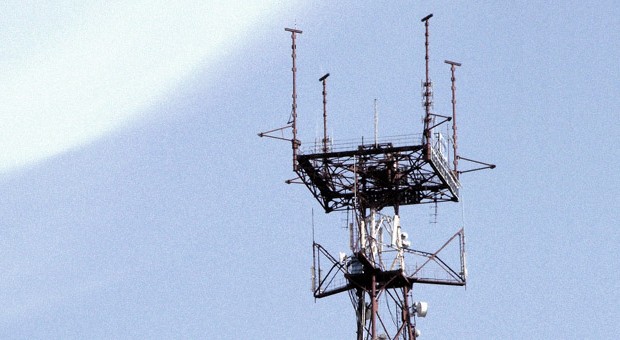How South Korea communicates with spies in North Korea
“Attention number 521, attention number 521, Please receive a telegram.”
Tune the shortwave radio bands around midnight and you’ll hear all
sorts of signals in the air above the Korean peninsula. The late night
hours are primetime for radio stations that target North Korea because
its one of the few times of the day that prospective listeners can hide
away in secret and listen to news and information from overseas.
But between the international broadcasters and static, there are other signals attracting a much smaller audience.
The most mysterious of these is only on the air for a few minutes
each time, and the broadcasts come just a few times each night. If
that’s not enough, the content of the programming is even stranger.
After a North Korean popular song, an announcer comes on and broadcasts a string of numbers. And then it shuts down.
“Attention number 521, attention number 521, Please receive a telegram.”
And then a string of numbers is read out.
It’s a so-called “numbers station.” They have been mysterious
fixtures of the shortwave broadcasting bands since the cold war, sending
strings of numbers that are widely believed to be coded messages for
spies overseas.
This particular station has been dubbed “V24” by radio monitors that
follow such broadcasts – they are still a relatively common method of
communications – and it’s the only regular one on air in Korean.
Sending such messages over radio brings both advantages and disadvantages over other methods of communication.
On the down side, the radio broadcasts are one-way only. It’s not possible to send back a reply.
But on the up side, the broadcast can be received over a wide
geographic area, so it doesn’t matter where someone is. And unlike other
communication methods, like a drop of documents or a meeting, the only
thing that has to be set up in advance is the time and frequency.
I’ve picked it up numerous times, both in South Korea, Japan and the
western coast of the United States, but no one has probably done more
monitoring than a user called “Token.”
Based in the Mohave Desert, Token has published
the most authoritative schedule of V24 to date.
It shows V24 is on the air every day of the month and there are
usually only three or four broadcasts each night, according to a
schedule drawn up by a radio monitor in the U.S. When V24 does come on
the air, it’s either on the hour or half hour in slots from 10pm to
1:30am local time.
It currently switches between four frequencies: 4900, 5115, 6215, 6310 kHz.
The broadcast begins with a song and the identity of the recipient,
then numbers read in groups of three and two. For example: “238-89,
561-45, 573-22 …” and then the same numbers but in groups of two and
three. For the example above, the second group would be: “23-889,
56-145, 57-322.”
The break between the five numbers is probably changed to improve readability in the case that the signal is bad.
Here’s a recording:
So, what’s going on here?
The numbers are, of course, the message that’s decoded by the agent in the field.
The decoding method might be a dedicated codebook or the numbers
might point to letters in a real book – something that could sit on a
shelf and draw no suspicion, but with the right knowledge could be used
to unlock the code. For example, “238-89” might mean page 238, line 8,
character 9.
But perhaps more interesting is the source of the broadcasts.
While a scratchy shortwave radio broadcast might seem likely from
North Korea, most long-time number stations listeners think V24 is
coming from South Korea, broadcasting to spies in the North.
The South Korean government has never confirmed this and there is
little evidence to point either north or south, but the rationale is
based on a few pieces of history.
The most convincing is that Radio Pyongyang, North Korea’s
international shortwave broadcaster, used to transmit numbers during its
programming. There wasn’t any doubt about the source of the
transmissions, but monitors say they ended in December 2000.
And as far as circumstantial evidence, North Korea’s much tighter
social controls hint that radio broadcasts might be a better way to
route secret messages.
One other interesting thing about the broadcasts – while I have never
heard it, occasionally listeners have reported hearing the Windows XP
closedown sound right before the transmission goes off air.
While V24 transmits in speech, four times a month one of the same
frequencies carries a similar transmission in morse code. The station,
dubbed M94, is on the air at 11pm local time on the 10
th, 11
th, 26
th and 27
th on 5115 kHz.
Picture credit: Si’ilk...


 Print
Print Email
Email














